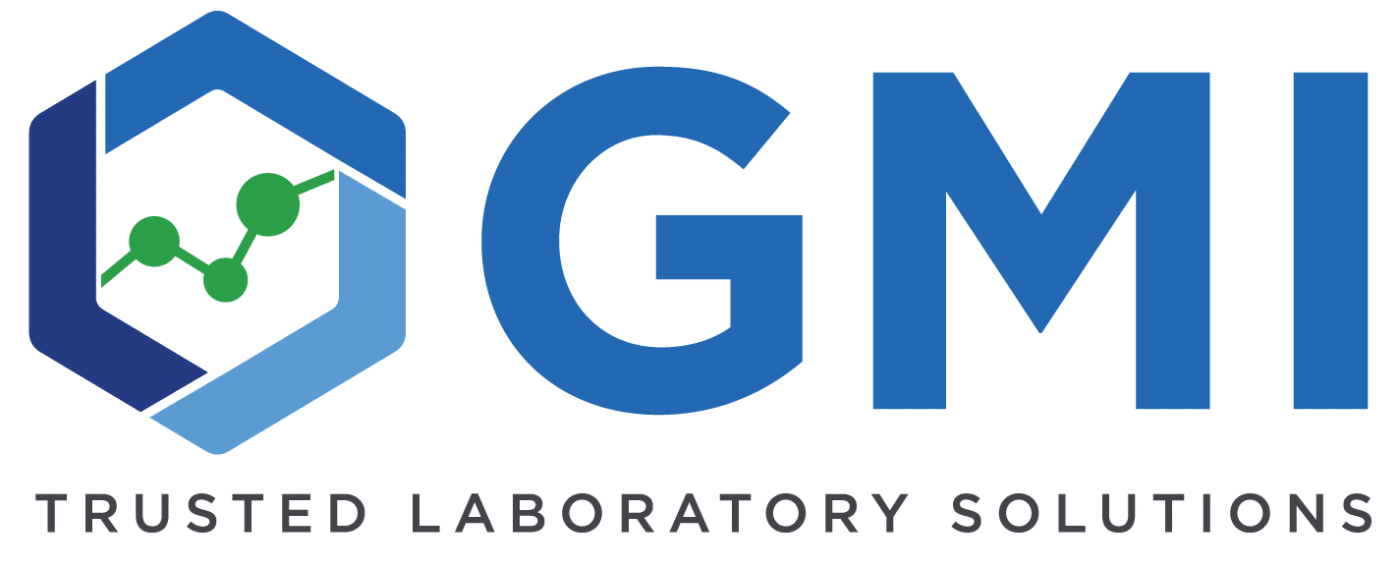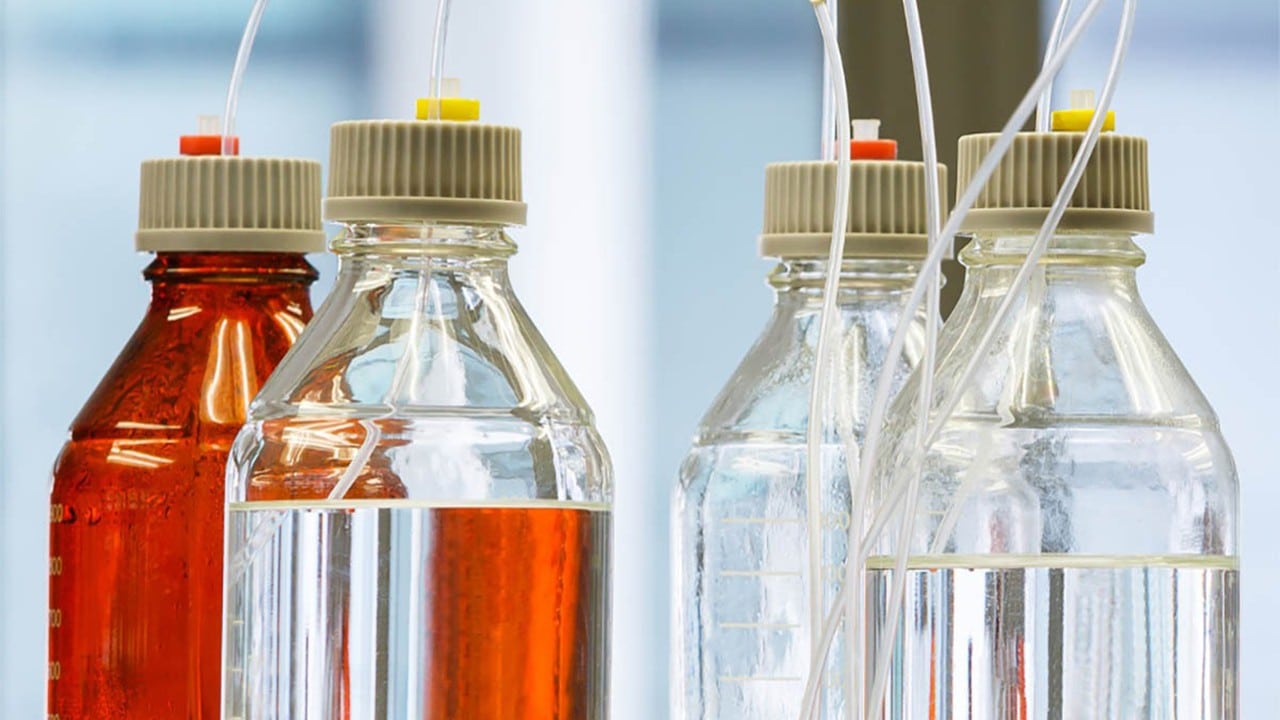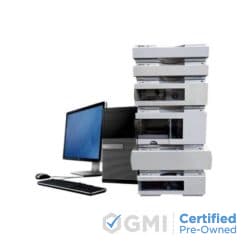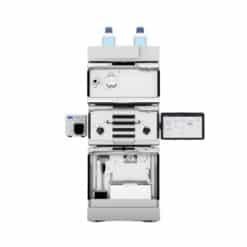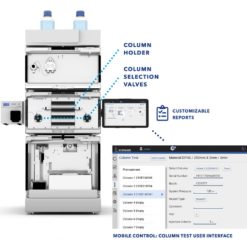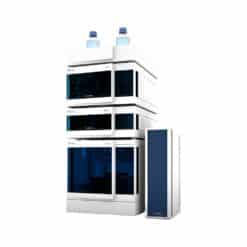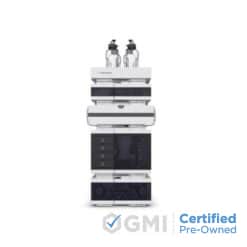No products in the cart.
HPLC, Chromatography
Challenges in HPLC Technology and Potential Solutions
Introduction
High-Performance Liquid Chromatography (HPLC) is a powerful analytical technique widely used in various industries, including pharmaceuticals, environmental monitoring, and food analysis. HPLC technology has evolved significantly, offering improved sensitivity, speed, and efficiency. However, like any analytical method, it has its challenges. In this blog post, we will explore some common challenges HPLC technology faces and discuss potential solutions to overcome them.
contact gmi to learn more-
Sample Preparation
Challenge: Sample preparation is often time-consuming and error-prone in HPLC analysis. Inaccurate sample preparation can lead to poor chromatographic results and increased analysis time.
Solution: Automation of sample preparation using robotic systems can minimize human errors and improve consistency. Additionally, using techniques like solid-phase extraction (SPE) or QuEChERS (Quick, Easy, Cheap, Effective, Rugged, and Safe) for sample cleanup can simplify the process and enhance the quality of the analysis.
-
Column Selection and Maintenance
Challenge: Selecting the right column for your HPLC analysis can be challenging, as various factors like stationary phase, column dimensions, and particle size can affect separation efficiency and resolution. Moreover, column degradation over time can lead to poor performance.
Solution: Regular column maintenance, such as flushing and cleaning, can extend column life. Choosing the appropriate column for your specific application is crucial, often involving consulting with column manufacturers or experts in the field. Advances in column technology, such as superficially porous particles (SPP) and monolithic columns, offer improved performance and longevity.
-
Mobile Phase Compatibility
Challenge: Selecting an appropriate mobile phase is essential for achieving optimal separation. However, some analytes may be incompatible with standard mobile phases, leading to poor peak shape and retention time drift.
Solution: Utilizing alternative mobile phases or additives, such as ion-pairing agents or pH modifiers, can improve the separation of challenging compounds. Moreover, gradient elution techniques can enhance resolution by varying the mobile phase composition during the analysis.
View knauer LC components-
Detector Sensitivity
Challenge: Low detector sensitivity can limit the quantification of trace-level analytes, especially in complex samples.
Solution: Upgrading to a more sensitive detector, such as a diode-array detector (DAD) or a mass spectrometer (MS), can significantly improve sensitivity. MS detectors, in particular, offer enhanced selectivity and the ability to identify compounds based on their mass-to-charge ratio.
-
Data Analysis and Interpretation
Challenge: Processing and interpreting the vast amount of data generated by HPLC systems can be time-consuming and error-prone.
Solution: Utilizing specialized data analysis and interpretation software can streamline the process and reduce the risk of errors. Many software packages offer features like automated peak integration, quantification, and statistical analysis, making data analysis more efficient and reliable.
-
Method Development
Challenge: Developing a robust HPLC method for complex samples can be lengthy and iterative.
Solution: Leveraging software tools that aid in method development and optimization, such as Design of Experiments (DoE) or Quality by Design (QbD) approaches, can expedite method development. These methods allow for systematic exploration of variables and conditions to identify the optimal separation conditions.
Conclusion
High-Performance Liquid Chromatography is a versatile and indispensable analytical technique, but it has its share of challenges. By addressing these challenges with innovative solutions, such as automation, advanced column technology, sensitive detectors, and data analysis software, analysts can enhance the efficiency and reliability of their HPLC analyses. Staying up-to-date with the latest developments in HPLC technology and best practices is essential for overcoming these challenges and achieving accurate and reproducible results in various applications.
